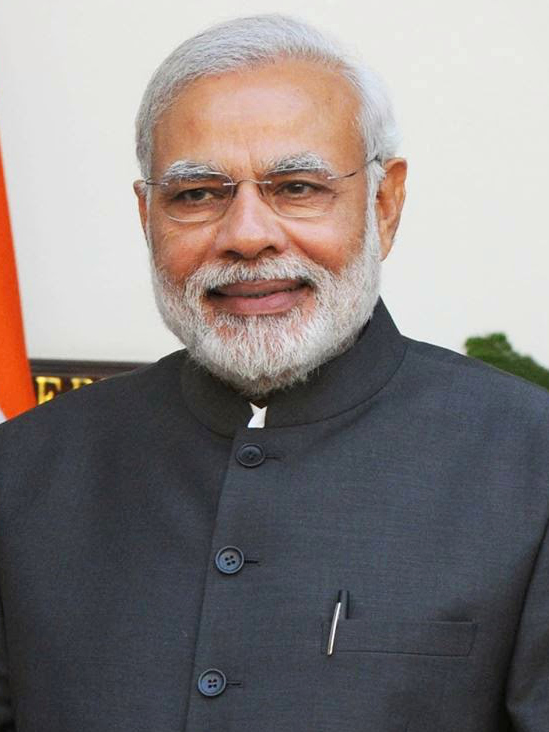2006, 2006 essay by Modi
Narendra Modi: Citations en anglais
2013, "Satyameva Jayate: Truth Alone Triumphs", 2013
2014, "GhoshanaPatra with Narendra Modi", 2014
Narendra Modi quoted from Kishwar, Madhu (2014). Modi, Muslims and media: Voices from Narendra Modi's Gujarat. p.381-386
2013
Source: 2014, "GhoshanaPatra with Narendra Modi", 2014
2014, "GhoshanaPatra with Narendra Modi", 2014
Narendra Modi, Swarajya Interviews Prime Minister Modi, Interview, R Jagannathan- Jul 02, 2018 https://swarajyamag.com/economy/swarajya-interviews-prime-minister-modi-the-state-of-indian-economy
2018
Narendra Modi in interview 2013, quoted from Kishwar, Madhu (2014). Modi, Muslims and media: Voices from Narendra Modi's Gujarat. p.164
2013
Narendra Modi in interview, 2013, p75, quoted in Kishwar, Madhu (2014). Modi, Muslims and media: Voices from Narendra Modi's Gujarat. p.75
2013
development
2014, "Election results 2014 LIVE: 'The era of divisive politics is over', says Modi in Ahmedabad", 2014
2008, Speech, 14 January 2008
“If the media would not have worked to malign Modi, who would know Modi today?”
2014, "'I was not silent on Gujarat riots,' says Modi", 2014
Narendra Modi quoted from Kishwar, Madhu (2014). Modi, Muslims and media: Voices from Narendra Modi's Gujarat. p.388-389
2013
2008, Speech, 14 January 2008
2002, Modi election campaign speech, 2002
2009, "The nation is waiting for a strong, experienced leader", 2009
2009, "The nation is waiting for a strong, experienced leader", 2009
2011, Interview with C. S. S. Latha, 2011
2014, "GhoshanaPatra with Narendra Modi", 2014
2002, "When select phrases are lifted and distorted out of context", 2002
Narendra Modi quoted from Kishwar, Madhu (2014). Modi, Muslims and media: Voices from Narendra Modi's Gujarat. p.379-380
2013
2002, Modi election campaign speech, 2002
This has the [sic] started!
2008, Speech, 14 January 2008
2009, "The nation is waiting for a strong, experienced leader", 2009
2013, "Satyameva Jayate: Truth Alone Triumphs", 2013
